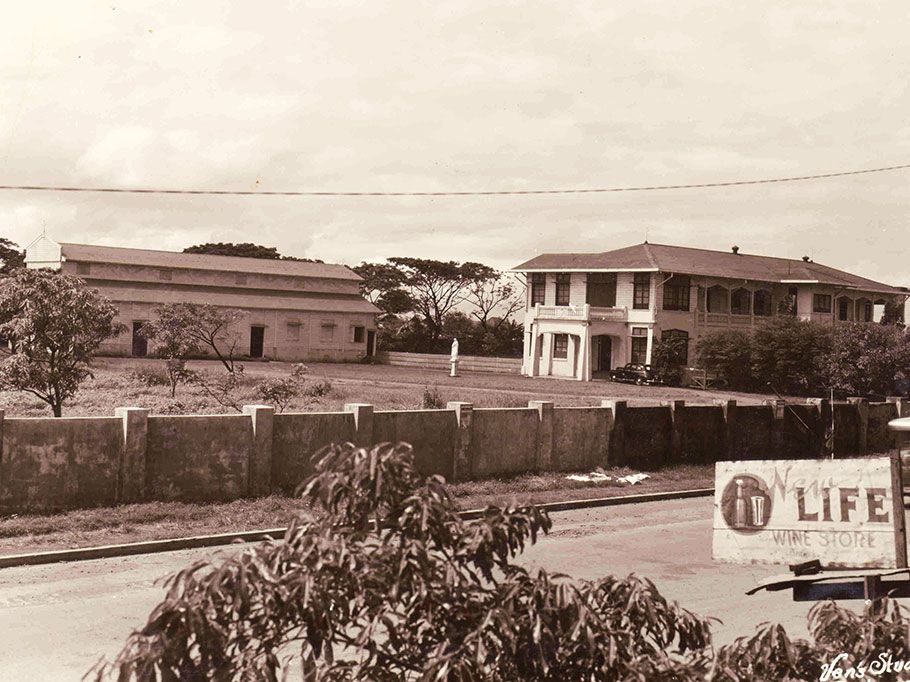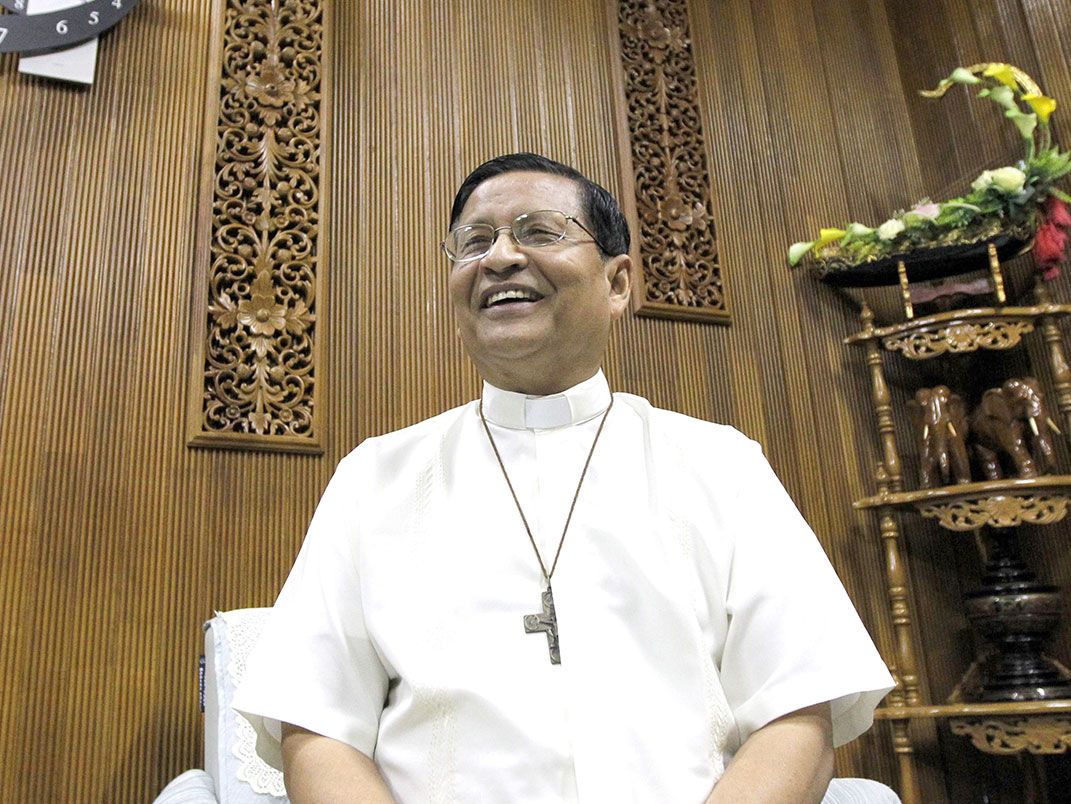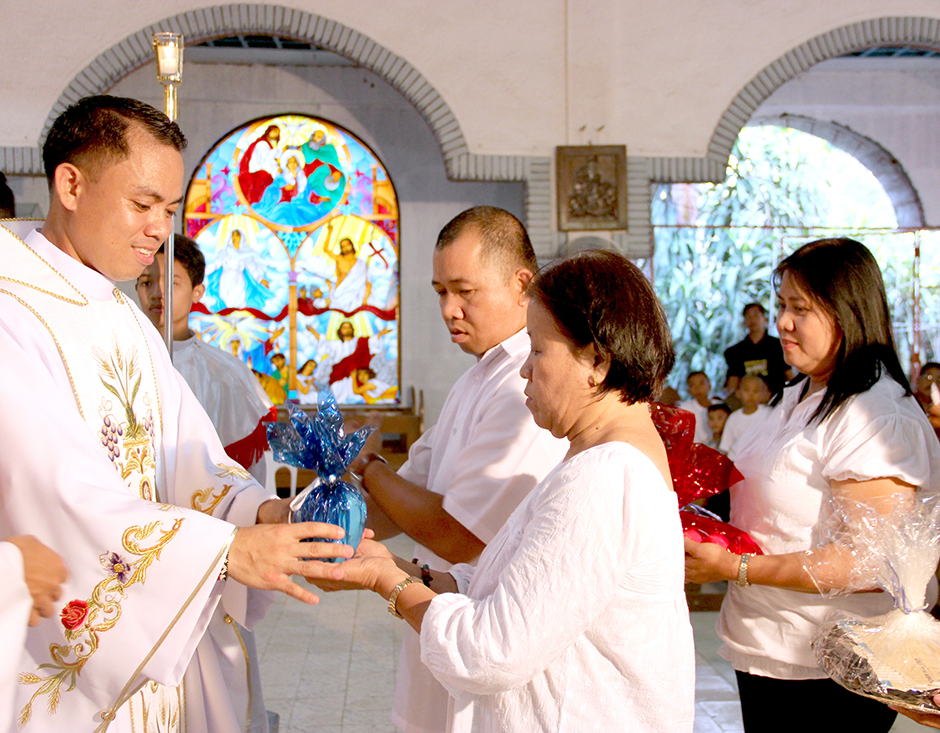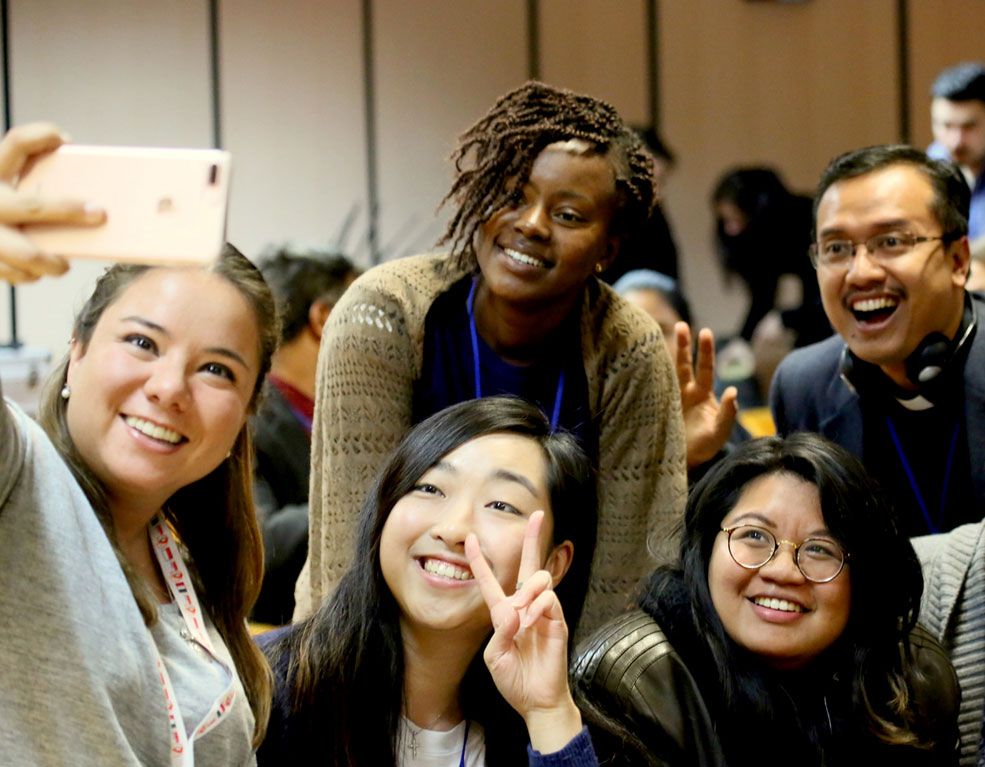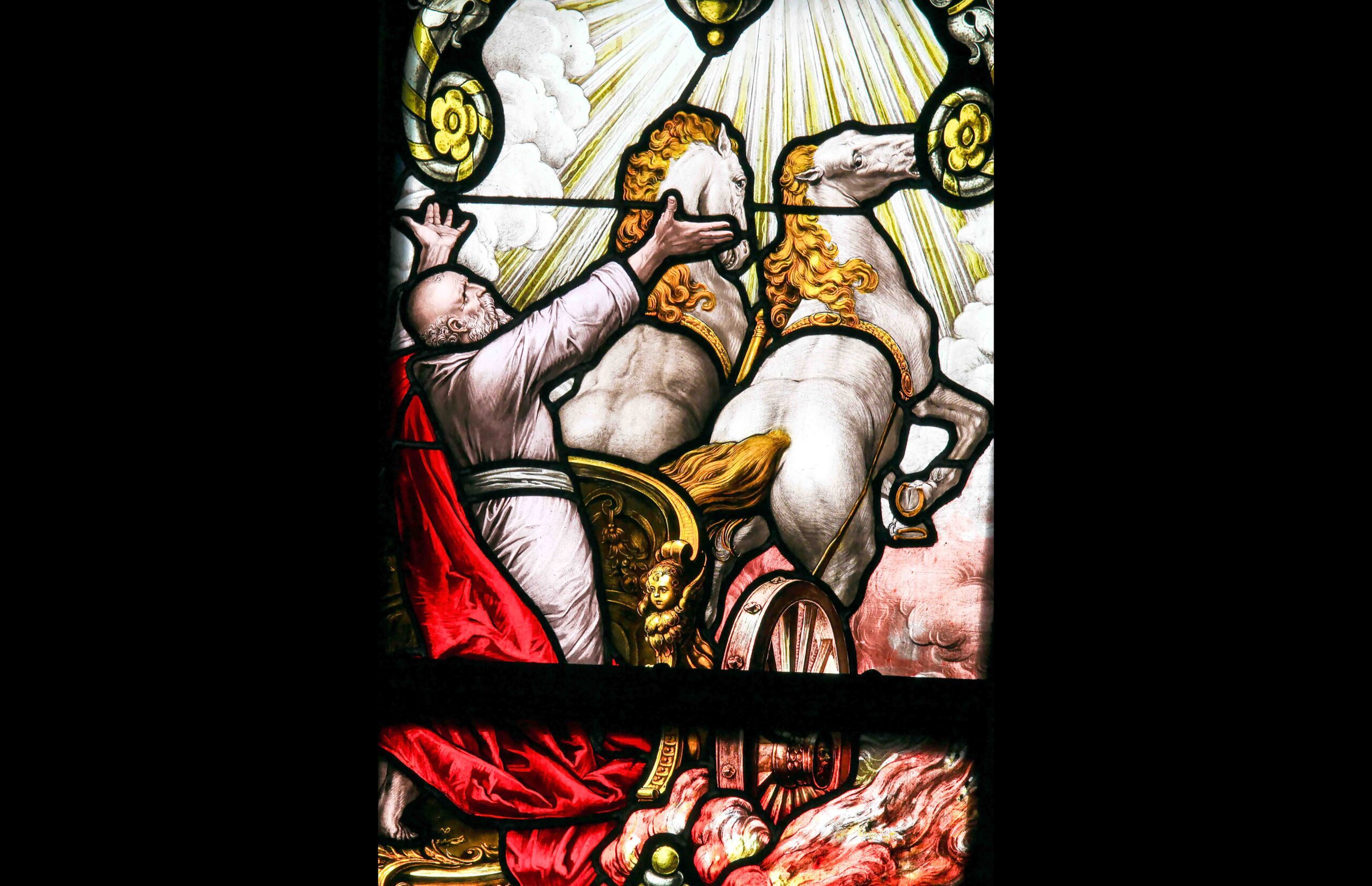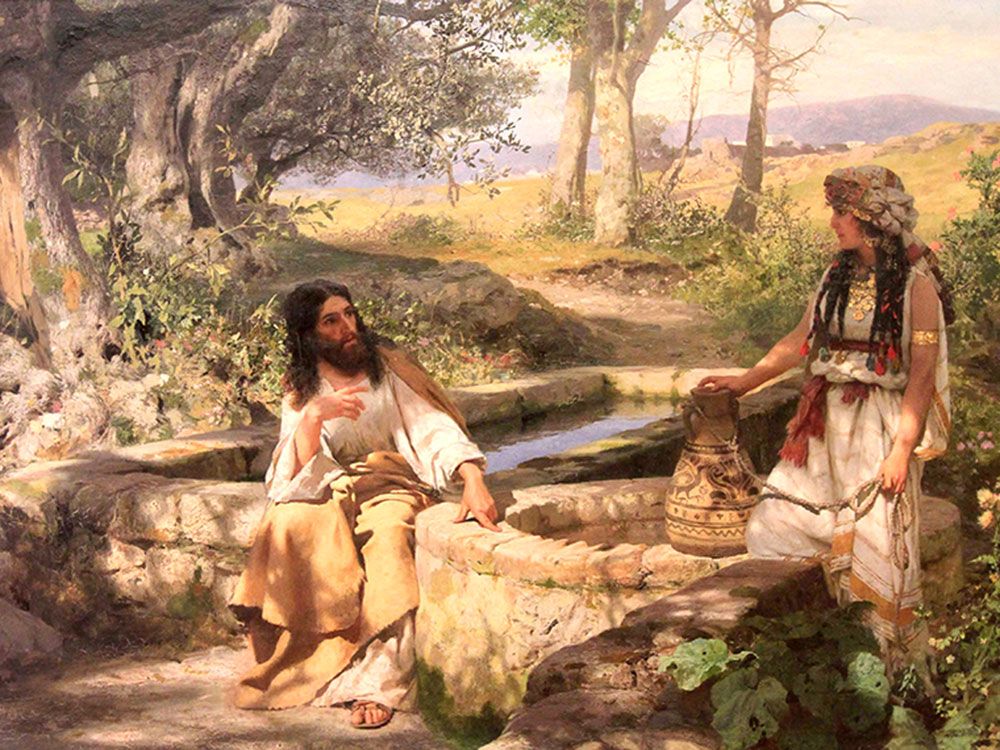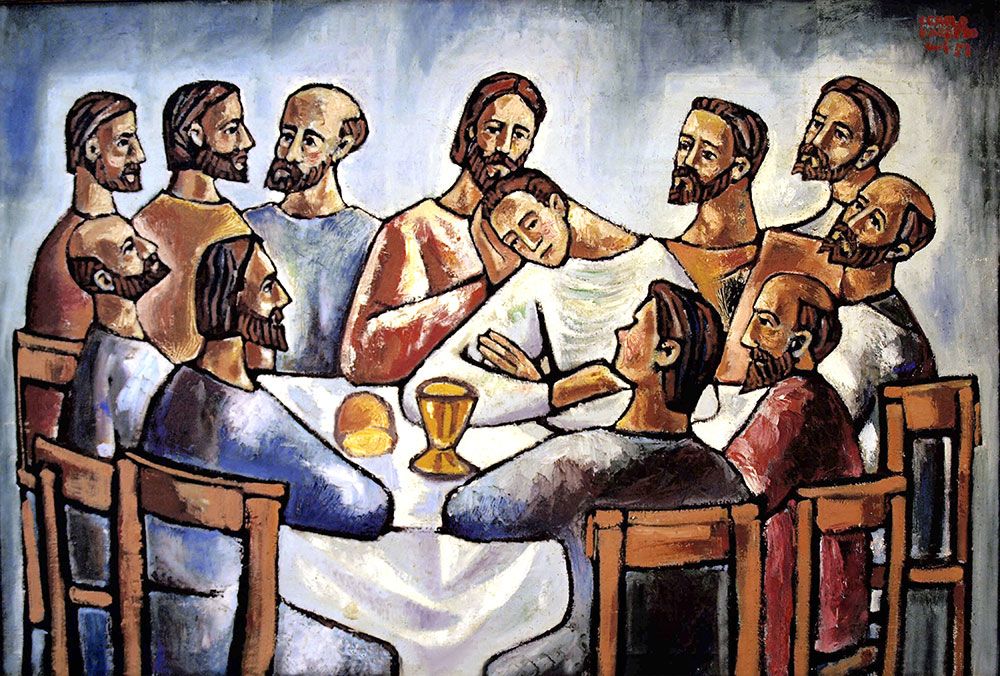I propose two reflections from two experiences of encounters with God narrated in the books of the Old Testament. The first is that of Abraham with God, reported in chapters 12-18 of the book of Genesis, particularly 18, 1-33. The second, in the next issue, Moses’ encounter with God, reported in the book of Exodus 3, 1-19.
The narrative of Abraham’s encounter with God, at the entrance of his tent in Mamre, is of a unique beauty that has attracted the inspiration of painters and artists throughout the ages. It opens a window for us to understand the meaning of the encounter, and to enter into the dynamic of an encounter as an experience that challenges us to make room for the other, in this case for the Other, that is, making room for God.
Who Is Abraham?
He is, above all, the father of the people of the Covenant. In the narratives of his life, three traditions converge: the Yahwist, which emphasizes the blessing and the promises that God makes to him; the Elohist that underlines his faith and adherence to God; the Priestly source, which accentuates the covenant and the circumcision.
Secondly, he is the elected of God, chosen by divine initiative. This choice of God is a surprise, because he is a nomad, an old man, unable to become the father of a people. He is chosen without merit on his part and is asked for great trust in the promise of God.
Thirdly, he is not only elected by God, but also “tested” by God. His faith is put to the test, particularly in the episode of Isaac’s sacrifice, a prophetic experience, as the author of the Letter to the Hebrews (2, 14-17) and Paul, in the Letter to the Romans (8, 32) will say. By his obedience to God, he will become the father of a multitude, the father of a people.
Let us also see some antecedents in the life of Abram that somehow prepared and preceded the experience of the encounter at Mamre.
Abram’s first experience of God can be described as “revelation through the word.” Abram hears a word that makes an appeal, a “calling” (Genesis 12, 1): “The Lord said to Abram: ‘Leave your father’s house for a country which I shall show you.’” These are words full of surprises, they promise a blessing (covenant) but require a breach with the past: he’s asked to take to the road guided solely by this word of God.
The second kind of experience of God, which Abram has, we may call revelation by “vision and word.” The Lord appears in a vision and makes a promise to Abram: “To your descendants I give this country.” (Genesis 1, 7; 15, 1 and chapter 17). He answers by erecting an altar and making a covenant with God, circumcising himself and his own kindred. It is an experience that changes the course of his life and also his name – from Abram to Abraham – “I am making you father of many nations” (17, 5).
The Personal Encounter
The third type of experience that Abraham has is described in Chapter 18. It is what most interests us in our reflection and we can consider it as “revelation in an encounter”, since it is an encounter that we can call personal, with three characters, in the shade of an oak, in Mamre.
The narrative (Genesis 18, 1-33) is full of details that catch our attention. First, the meeting is unforeseen; it takes place at an improbable and not recommended hour, as it happens in the hottest part of the day. Abraham stands at the entrance of his tent, and Sarah, his wife, is inside the tent.
Then we are impressed by the reactions of Abraham, which reveal a great presence of spirit, showing that he is not taken by surprise: he looks attentive, sees beyond immediate appearances, rushes to meet the visitors and bows to the ground, in a sign of welcome and respect. And, above all, he reacts (with faith) to what is happening: “My Lord, if I find favor with you, please do not pass your servant by” (18, 3).
He perceives in that encounter a moment of grace and a blessing, and he does not want to lose it. He opens his world, his tent, to these visitors in whom he perceives the presence of the pilgrim trinity, the Other, of God. Abraham opens his tent and creates conditions of space and time to welcome God.
Generosity
Abraham shows himself generous and offers what he has to welcome the Other: the shade, a reinvigorating rest, the water that refreshes, the bread that satisfies the hunger, the meal with meat from his flock that gives strength for the journey (18, 6-8).
The generosity of Abraham provokes the generosity of God and he receives the blessing with the promise of the birth of a son, Isaac. An unexpected reward, both for him and for Sarah, who laughs to herself, hidden in the tent, surprised by a promise that surpasses the expectations of a woman already advanced in years (18, 9-15).
In this encounter, God goes beyond the promise of a son, made to Abraham. He reveals his attempts and acknowledges in Abraham an interlocutor: “Shall I conceal from Abraham what I am going to do?” (18, 17). This encounter makes Abraham a confidant of God and gives him strength to take on the role of intercessor, as shown by the moving dialogue between God and Abraham, with Abraham’s persistence in his intercession and God’s condescension to him (18, 23-32).
This dialogue is the highest point of the “extraordinary” experience (outside the daily life) of the encounter with God. But the narrative that we read concludes in such a simple way, as if to indicate its familiarity: “When he had finished talking to Abraham the Lord went away, and Abraham returned home” (18, 33).




